Democrats Favor One-Party Rule More Than Republicans
When it comes to Washington, D.C., and the upcoming election, Democrats are more eager for the whole enchilada than Republicans are.
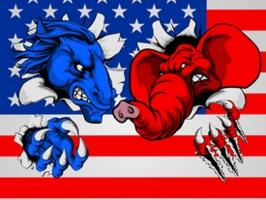
When it comes to Washington, D.C., and the upcoming election, Democrats are more eager for the whole enchilada than Republicans are.

Most voters regularly use social media sites, but they insist that their political views aren’t shaped by what their friends and family post online.
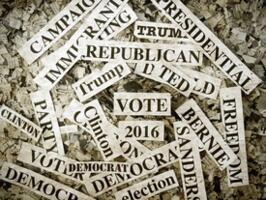
Most voters believe news organizations play favorites when it comes to fact-checking candidates’ statements, but this skepticism is much stronger among voters who support Donald Trump than those who back his rival Hillary Clinton.

Citing rising murder rates in several major cities, Republican presidential nominee Donald Trump argues that police should be allowed to stop and frisk anyone on the street whom they consider suspicious. His Democratic rival Hillary Clinton and other opponents of such laws say that minorities are unfairly targeted. Voters are more supportive of stop and frisk laws but remain concerned that they may violate some Americans’ rights.

Voters think President Obama and Hillary Clinton are more likely to side with the protestors in situations like the recent one in Charlotte, N.C., but strongly believe Donald Trump is on the side of the cops.
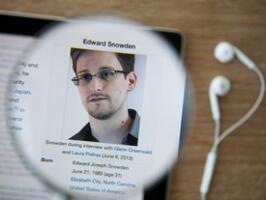
Edward J. Snowden, the man who exposed the federal government’s surveillance of millions of innocent Americans in the name of national security, is the subject of a major new film and a growing effort to have him pardoned for revealing some of the nation’s top secrets. Voters still aren’t convinced Snowden is a traitor, but they’re not ready to pardon him yet either.

Hillary Clinton and Donald Trump have both proposed taxpayer-paid maternity leave for women whose employers don’t pay them for their time off, and most voters like the idea.
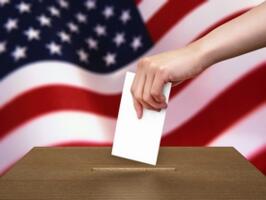
With less than two months remaining until the 2016 elections, it sounds like most voters won’t be listening to their heart when casting their ballot.
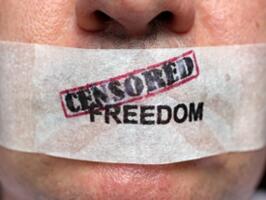
Two-out-of-three Americans view political correctness as a threat and say they don't have freedom of speech anymore.
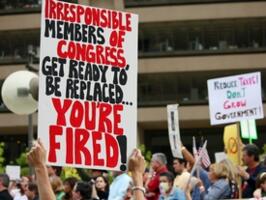
Despite continued poor ratings for Congress’ performance, voters are slightly less in favor of voting to get rid of the entire Congress and aren’t quite convinced they’ll vote for someone other than an incumbent this November.

Americans continue to question the country’s safety from terrorism and are skeptical of the government’s ability to prevent domestic terror attacks in the future.

Sunday marks the 15th anniversary of the Islamic terrorist attacks on September 11, 2001 that killed 3,000 Americans and injured another 6,000. But a sizable number of Americans feel their fellow countrymen have forgotten the horrors of that day. Interestingly, more are saying Muslims in this country have been mistreated ever since, even as they fear a domestic terror attack more than ever.

As with virtually every major issue we survey on these days, political party affiliation determines a voter’s views about America’s relationship with the rest of the world. Democrats think it’s great; Republicans and unaffiliated voters are a lot more skeptical.
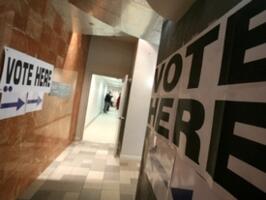
Despite the increasing alarm expressed by the Obama administration over dangers to the election system from foreign hackers, voters are confident that things will work out fine.
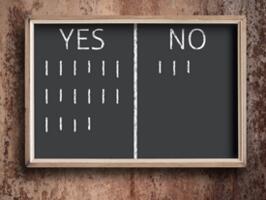
Voters continue to feel that their vote counts.

Most U.S. voters think U.S. foreign policy should focus on what's best for America but believe President Obama is more interested in what's best for the world.
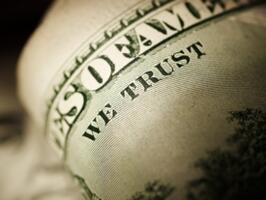
Confidence in the federal government remains low, and most voters still consider the feds a threat to their constitutional rights.
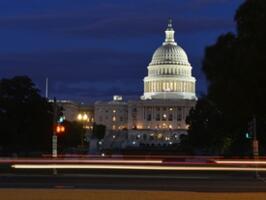
Voter anger at the government, an important driver in this year’s presidential race, remains high. Republicans continue to be far angrier at the government than Democrats and unaffiliated voters are, but all three groups are equally mad at Congress.
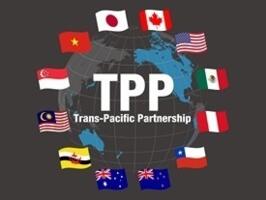
The Trans-Pacific Partnership (TPP) is a mega-trade deal involving the United States and 11 other Pacific Rim countries. President Obama is hoping to get it through Congress before he leaves office because Donald Trump and Hillary Clinton have both vowed to stop it. Do voters care?
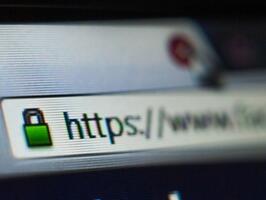
Americans are more negative than ever about the internet’s impact on journalism and politics.